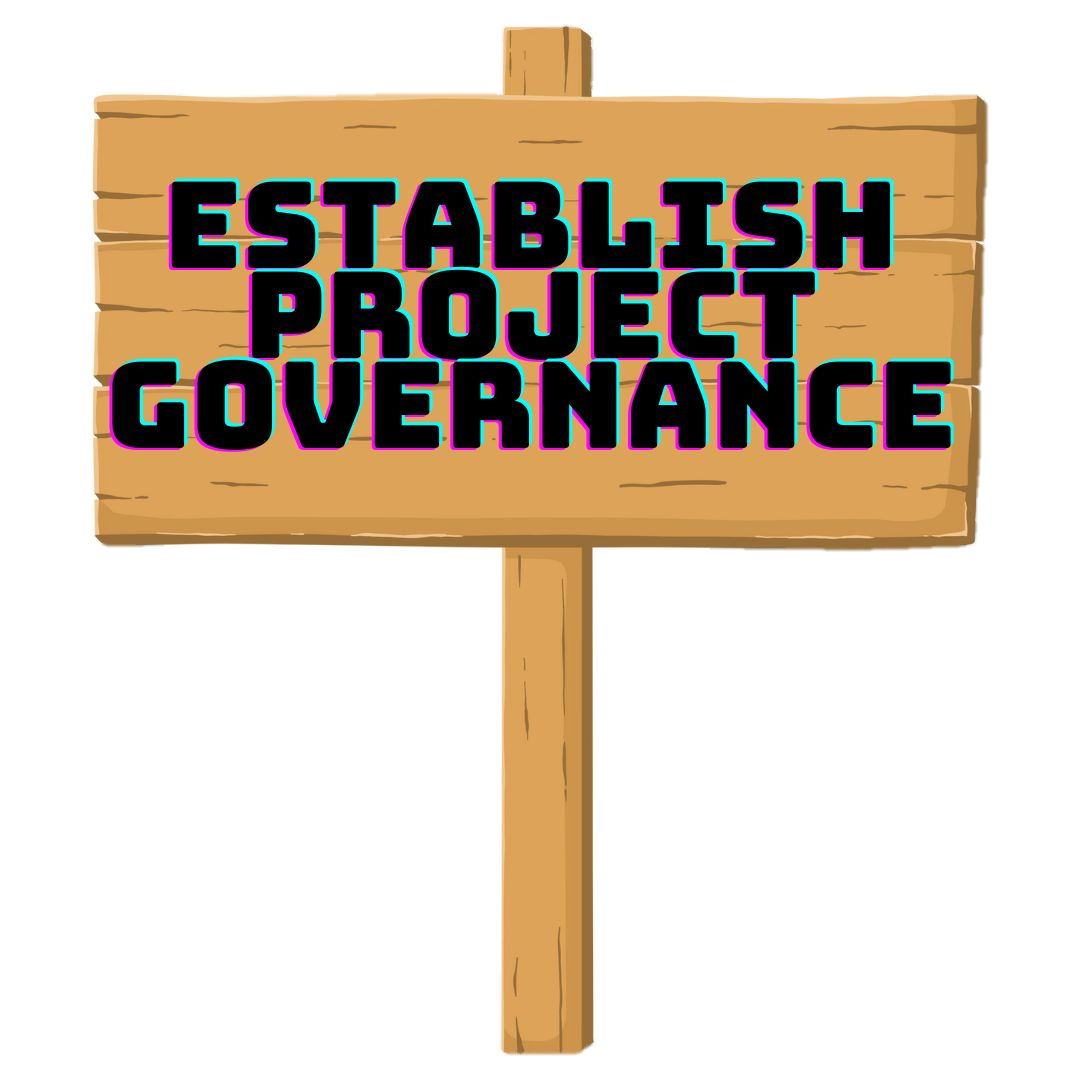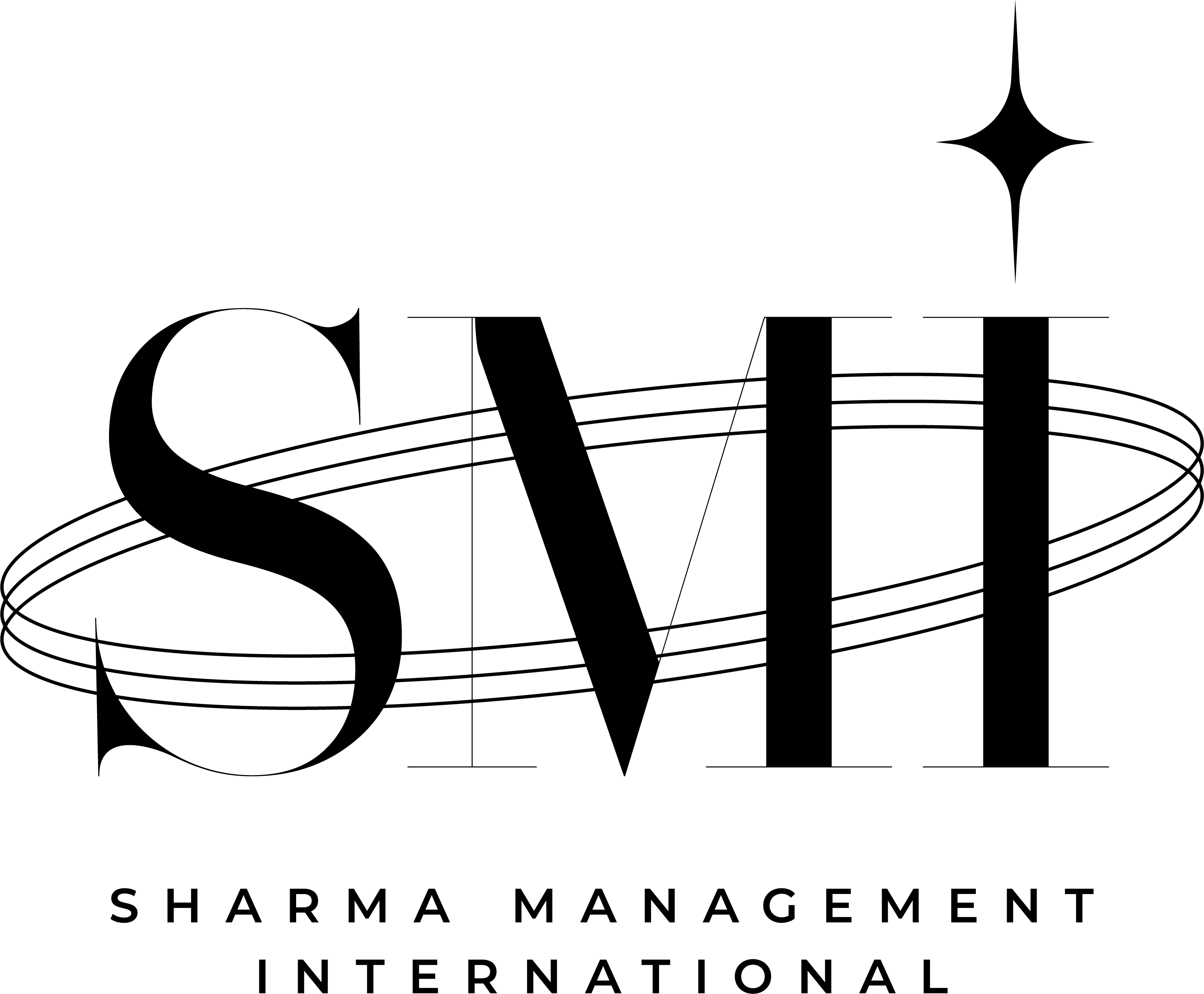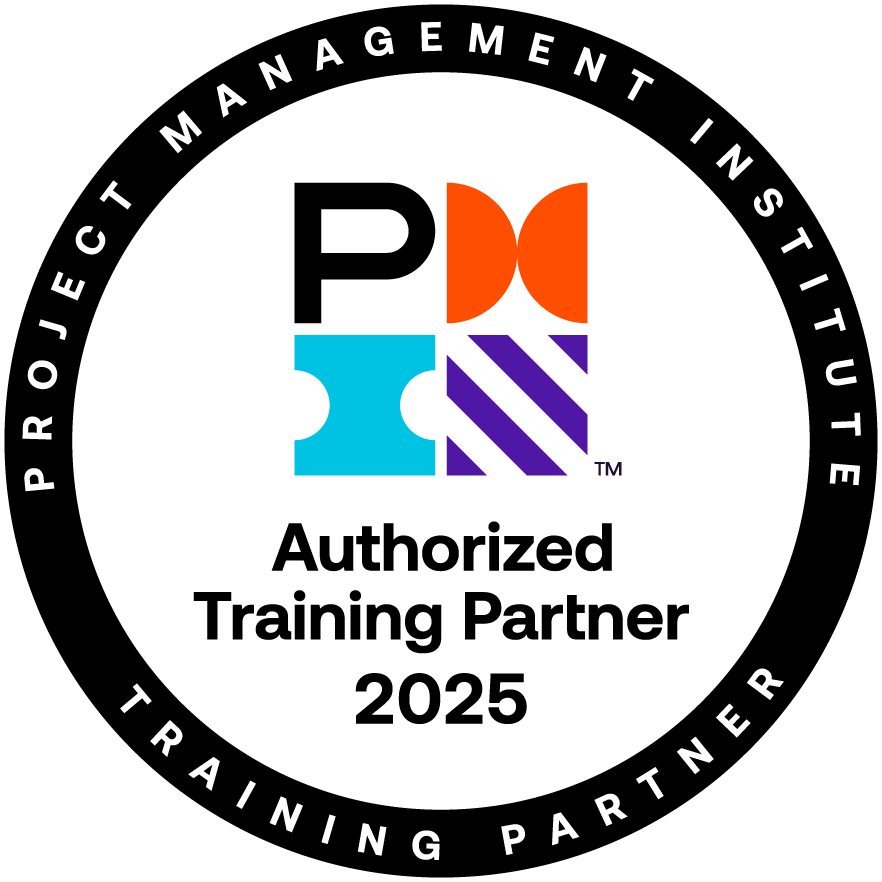- Mon - Fri 08:30 - 18:30
In addition to selecting the appropriate methodology, project managers should proactively seek out key requirements for managing projects in accordance with internal and external requirements. These requirements can range from statutory compliance requirements as well as organizational policies that relate to decision making by the project manager. This enables correct and appropriate decisions in line with these requirements.
Project governance guides project management activities in different phases of a project. Armed with this guidance, a project manager does not inadvertently undertake activities or makes a decision that contravenes established norms. These norms that ought to be adhered to include the need to ensure project is undertaken in accordance with strategic direction set, making informed and well thought out decisions as well as being transparent to facilitate feedback.
To align projects to overall strategic direction of the organization, a structure for governance is required. This structure enables identifying a sponsor and project steering committee that oversees the activities of the project manager is identified. The project manager in turn oversees the activities of the project management team who manage the project team members. The project itself is defined as a culmination of a series of phases, each ending with a predefined phase gate in which phase deliverables are delivered.
Such a governance structure based on a project with clearly defined phase gates has two benefits. It offers the steering committees to provide the required oversight and decide on whether a project phase has been completed as planned. It also offers the project team an opportunity to develop lessons learned at the end of each phase by validating assumptions made at the beginning of each phase.
Governance structures enables roles for governance and decision making to be undertaken at appropriate levels. When requirements are fixed and validated, governance structures are based primarily on immediate reporting relationships. However, when requirements evolve with time and circumstances specific roles for governance must be established. In agile based project management approach such as scrum, the different roles for governance are delineated based on product, process as well as development.
A product owner is responsible for providing guidance and making decisions regarding the product being produced. This product owner represents the customer and acts as the voice of the customer.
A scrum master is responsible for providing guidance and making decisions regarding the process being undertaken. He or she acts as a supportive or servant leader for the scrum team.
The scrum development team is self-organized as they make all decisions pertaining to the development of the product that is to be delivered to the client. In this regard the team ultimately decides on the tasks as well as the duration or effort required to complete the tasks.











